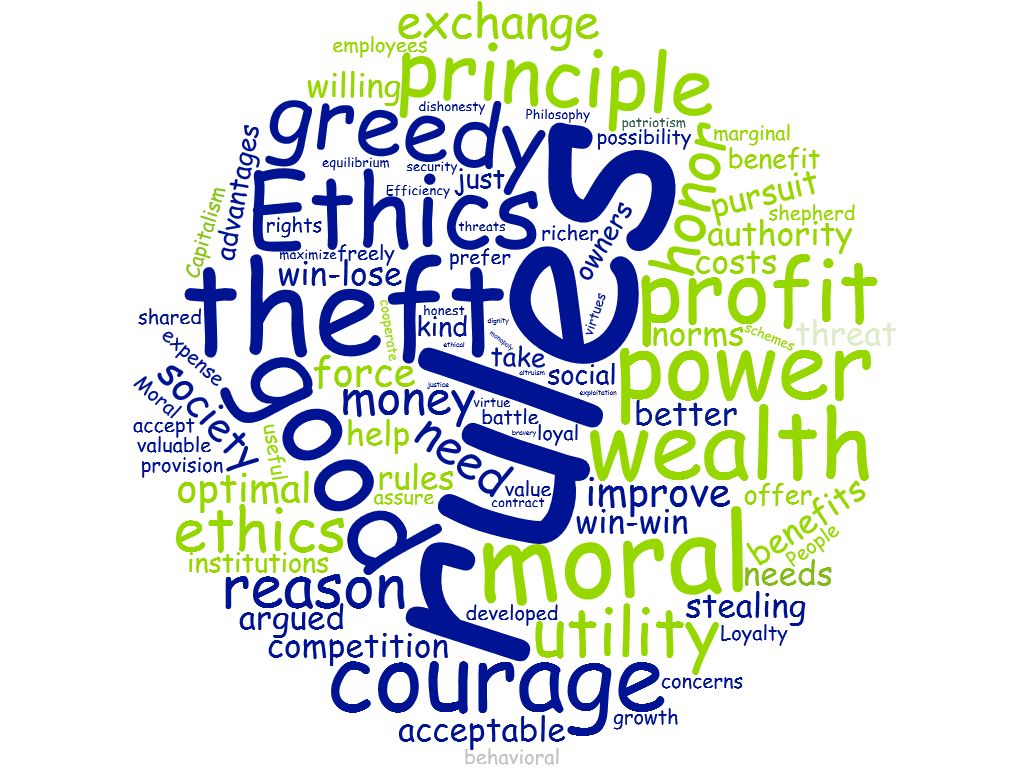RESPECT FOR PROPERTYAs an economist, I have always known that respect for property is important in an economic system. However, after my initial training, if I were asked why property rights are important, I would have said that it is needed to provide incentives for production and investment. A classic discussion in economics often contrasted private ownership of the means of production (capitalism) with state ownership (socialism). If people own their own capital, their desire for profit will lead to greater production and investment. If instead the state owns the capital, then individuals may not work hard and innovate since they will not reap the reward. Although this is all valid, there is another more fundamental aspect of property that was rarely, if ever, mentioned. Adam Smith emphasized that self-interest, the desire to make oneself and one’s family better-off, motivates people to specialize and then come to the market to trade. However, it is not always recognized that there is an alternative to cooperative trade that could enhance one’s individual utility even more; namely, arrive at the market with a big club and attempt to take everything that one desires. The fact that market participants in economic models don’t consider violence and theft means that there is an implicit assumption that traders will respect each other’s property. They accept that what’s mine is mine and what’s yours is yours until or unless we both voluntarily agree to cooperate in trade. The implicit agreement not to use force, or the threat of force to confiscate the other’s products, represents adherence to an ethical principle that we often express as the imperative, “thou shalt not steal.” Theft, in contrast to trade, generates a win-lose outcome, meaning that one person gains while the other suffers a loss. If theft instead of market exchange were a regular occurrence, people would stop going to markets. In the extreme, people would give up specialization and be forced to produce everything for themselves. Economic efficiency would suffer because markets with voluntary exchange would diminish or disappear. Coleman (1987) referred to this situation in which markets would not develop, or could not thrive, as pre-market failure. The critical point here is that because the market model rules out theft as an allowable means to satisfy one’s self interest, it implies that this ethical principle is an implicit assumption of the economic model. Steven Suranovic, December 1, 2019
Additional Readings about Property |
Ethical Principles
|

The Ethical Economics
Study Center
